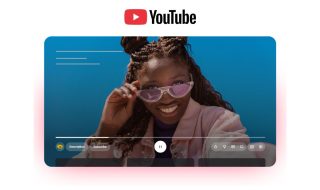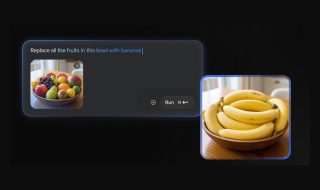Meta has confirmed that it will discontinue the standalone Messenger desktop apps for Windows and Mac starting December 15, 2025. After that date, users will no longer be able to log into the apps and will be redirected to Facebook’s website to continue using Messenger.
The move marks the end of Meta’s native desktop clients, which were introduced to make chatting easier for users who preferred a dedicated app. The company is now shifting all desktop users toward the web version of Messenger.
After December 15, anyone trying to open the Messenger desktop app will be automatically redirected to Facebook.com, where they can continue chatting.
Meta is advising users to turn on secure storage and set up a PIN to save their chat history before transitioning to the web version. Once secure storage is enabled, chat history will sync automatically across devices, including Messenger on the web and mobile apps.
To check if secure storage is active, users can:
- Click the settings icon above their profile picture.
- Select Privacy & safety → End-to-end encrypted chats.
- Choose Message storage and make sure “Turn on secure storage” is enabled.
This ensures that messages remain protected and accessible even after the desktop app is removed.
While the standalone Messenger apps are going away, Meta says Windows users can continue messaging through the Facebook desktop app, and both Windows and Mac users can access Messenger through their web browsers.
Meta’s decision is not entirely surprising. In September 2024, the company had already replaced the original native Messenger app with a Progressive Web App (PWA) version. That honed at a gradual shift away from maintaining standalone software. By shutting down the desktop apps completely, Meta is likely aiming to simplify its development process and unify its platforms under the web and mobile experiences
Messenger’s standalone desktop apps were once a useful option for users who wanted to chat without keeping a browser tab open. Now, with Meta focusing more on web-based and mobile-first experiences, these apps are being phased out for good.











